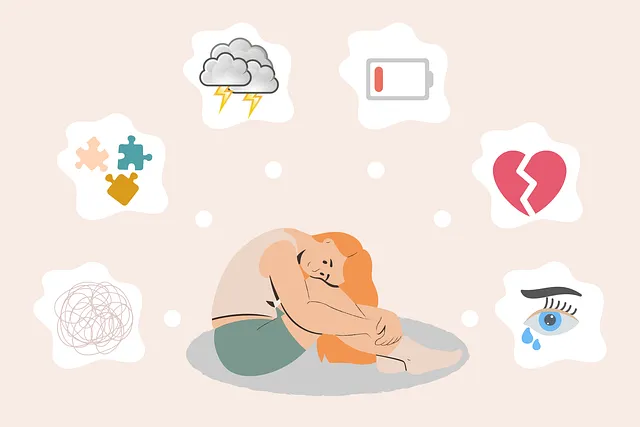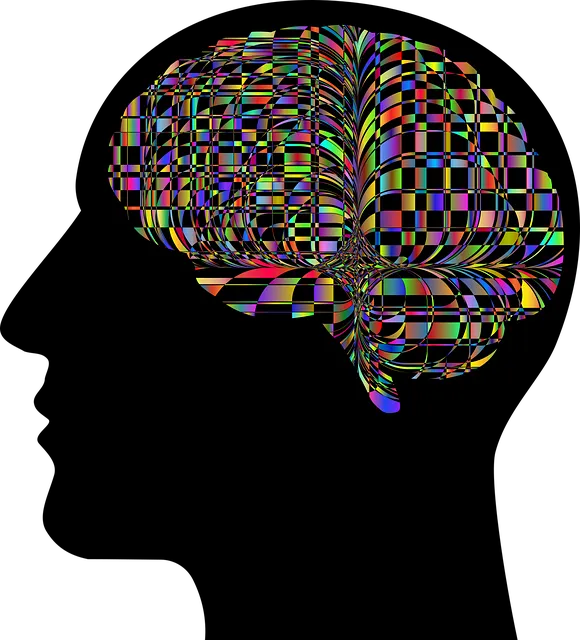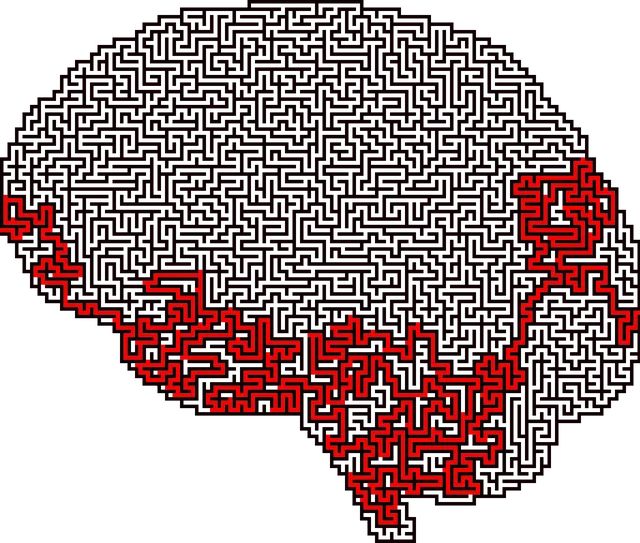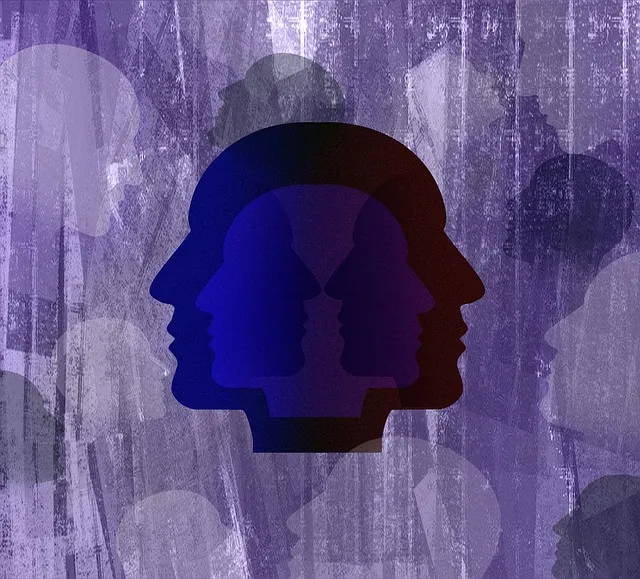The Golden Kaiser mental health classes tackle the significant barrier to well-being posed by stigma surrounding mental illness. Through interactive sessions focusing on mindfulness, self-awareness, and inner strength development, these programs normalize conversations, encourage community support, and improve access to help. Participants gain skills in communication, crisis intervention, and emotional regulation, becoming advocates for mental health awareness. This innovative approach, combined with accessible resources like Trauma Support Services and Mood Management, is driving progress in reducing stigma and fostering a culture of compassionate understanding.
Mental illness stigma remains a significant barrier to seeking help. This article delves into the profound impact of societal stigma on mental health, highlighting the urgent need for reduction efforts. We explore innovative approaches, like the Golden Kaiser Mental Health Classes, which challenge stigma through education and support. Additionally, we discuss strategies and initiatives designed to sustain momentum in mental health awareness campaigns, ensuring ongoing progress in breaking down stigmatizing attitudes.
- Understanding the Impact of Stigma on Mental Health: Exploring the Need for Reduction Efforts
- Golden Kaiser Mental Health Classes: Innovative Approaches to Challenging Stigma
- Strategies and Initiatives for Sustaining Stigma Reduction in Mental Health Awareness
Understanding the Impact of Stigma on Mental Health: Exploring the Need for Reduction Efforts

Stigma surrounding mental illness can have profound effects on an individual’s well-being and recovery journey. It often creates a barrier that prevents people from seeking help, leading to unnecessary suffering. The impact is far-reaching; it can cause anxiety, depression, and even deter individuals from pursuing treatment or participating in activities that could enhance their mental health. This internalized shame might result in social isolation, affecting one’s ability to form connections and engage in communities, which are essential for overall well-being.
Golden Kaiser mental health classes emphasize the importance of reducing this stigma by fostering understanding and empathy. Through initiatives that include Mindfulness Meditation, Self-Awareness Exercises, and Inner Strength Development, these programs aim to normalize conversations around mental health, break down misconceptions, and encourage support systems within communities. By addressing stigma head-on, individuals can access the help they need more readily, leading to improved outcomes and a better quality of life.
Golden Kaiser Mental Health Classes: Innovative Approaches to Challenging Stigma

The Golden Kaiser Mental Health Classes represent a pioneering initiative in the fight against mental illness stigma. These classes employ innovative approaches to challenge societal perceptions and promote understanding, empathy, and support for individuals grappling with mental health issues. Through interactive sessions that blend education, skill-building, and open dialogue, participants gain valuable insights into various aspects of mental well-being, including communication strategies, crisis intervention guidance, and emotional regulation techniques.
By fostering a safe and inclusive environment, the Golden Kaiser Mental Health Classes empower individuals to share their experiences, dispel myths, and cultivate a sense of community. These classes serve as more than just educational forums; they are catalysts for positive change, enabling participants to become advocates for mental health awareness in their own communities. Through its unique curriculum and commitment to inclusivity, the program is making significant strides in reducing stigma and fostering a culture that embraces mental health with compassion and understanding.
Strategies and Initiatives for Sustaining Stigma Reduction in Mental Health Awareness

Mental health awareness campaigns play a pivotal role in stigma reduction. These initiatives often involve educational programs like Golden Kaiser mental health classes that equip individuals with knowledge about various conditions, dispel myths, and promote empathy. By fostering open conversations about mental illness, these classes create an environment where people feel more comfortable seeking help.
Furthermore, strategies such as providing access to Trauma Support Services, integrating Conflict Resolution Techniques into therapeutic practices, and sharing resources for Mood Management can significantly contribute to sustained stigma reduction. These efforts not only educate but also offer practical tools for managing mental health challenges, fostering a supportive community that prioritizes mental well-being.
Mental illness stigma reduction is a multifaceted endeavor, as evidenced by the diverse strategies explored in this article. From raising awareness through initiatives like the Golden Kaiser mental health classes to implementing sustained efforts that challenge societal norms, progress is being made. By understanding the profound impact of stigma on mental health and adopting innovative approaches, we can foster a more inclusive and supportive environment for those navigating their mental health journeys. Continued collaboration and commitment are crucial to building upon these efforts and ensuring long-lasting positive change.






